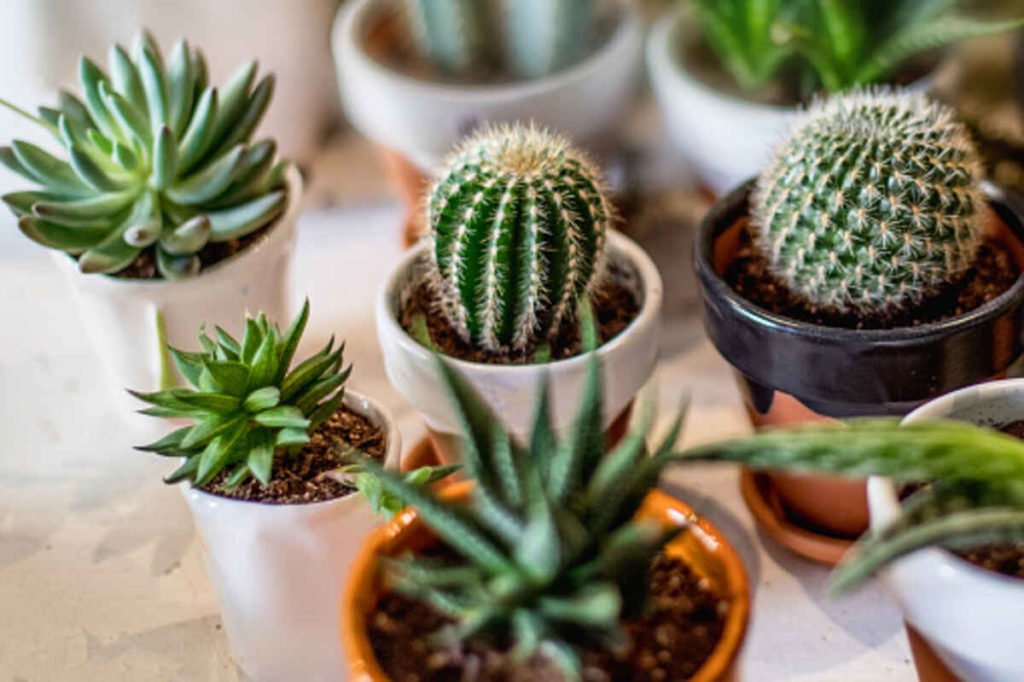Lophophora williamsii, commonly known as Peyote, is a small button-shaped cactus with hallucinogenic properties that primarily grows in northern Mexico and southern Texas. While its use for recreational use in the US is prohibited by law, some organizations, like Native American churches, use it for religious ceremonies. How to find the peyote cactus for sale?
This plant contains mescaline, an addictive substance used for spiritual and ceremonial purposes among Native Americans; however, its use may become problematic over time.
It is a hallucinogen.
Peyote cacti are small button-shaped plants containing over 50 alkaloids, including mescaline. With its bitter taste to dissuade desert animals from eating it, Peyote is often used as an herbal medicine remedy. It is believed to treat dental and birth pain, fevers, skin diseases, and even rheumatism.
Hallucinogens like Peyote can alter brain operations and cause users to experience vivid, geometrically patterned visions that may induce euphoria and social interaction.
Native American Church members use Peyote for spiritual and religious use, including communicating with spirits. Additionally, it can assist them on a positive path in life. But, unfortunately, improper use can prove fatal.
It is a psychedelic
Peyote is an all-natural hallucinogen with an extensive history of spiritual and medicinal use by Indigenous Americans for thousands of years. This button-shaped cactus contains psychoactive alkaloids such as mescaline that can be consumed as pills or smoked.
Peyote use can result in intense hallucinations that include visual, auditory, and tactile experiences, feelings of euphoria, enhanced emotions, nausea, and vomiting.
Even though Peyote is not considered addictive, prolonged usage can result in psychological dependence, and it is recommended to seek addiction treatment if peyote use is commonplace.
It is a stimulant
Peyote is an herb with over 50 alkaloids, including mescaline, which alters our perception of reality when consumed. Indigenous North Americans have used Peyote for at least 5,500 years as an entheogen and medicinal drug; its usage may lead to psychological or physical side effects.
Peyote may cause nausea, loss of appetite, increased heart rate and blood pressure levels, and long-lasting effects such as hallucinations, synesthesia (mixing up of senses), or feelings of disconnection from one’s surroundings. The results can last several hours.
While Peyote may not technically be classified as an addictive substance, its psychological dependency can create psychological dependence that requires professional addiction treatment to overcome. Professionalism offers hope in breaking this cycle of substance abuse.
It is a pain reliever.
The peyote cactus thrives in desert regions of southwestern Texas and Mexico, where its tops, or peyote buttons, contain psychoactive alkaloids such as mescaline. People slice these buttons off and eat or make tea from them for consumption or Native American religious ceremonies; its hallucinatory effects vary widely according to each person consuming it – from pleasurable experiences like spiritual enlightenment to fear, anxiety, paranoia, and emotional instability.
Peyote is a naturally-occurring substance and should not be considered addictive; however, regular consumption could lead to psychological dependency if taken continuously.
It is a diuretic
Peyote (Lophophora williamsii), a small cactus native to Mexico and South America, produces hallucinogenic effects similar to LSD or psilocybin mushrooms. Native Americans frequently utilize it to treat illness or connect with spiritual realms through its alkaloid mescaline, which causes visual hallucinations and altered states of consciousness; its “buttons” should then be consumed either soaked in water or chewed up for consumption.
Peyote may not produce physical addiction; however, experienced practitioners should still treat its psychological dependency. Addiction treatment programs offer cognitive and behavioral therapies to break these dependencies and dialectical-behavioral therapy and family therapy services to aid recovery from this dependency.
It is a sedative
Peyote is a small button-shaped cactus found throughout northern Mexico and southern Texas deserts, containing mescaline alkaloid that creates intense visual hallucinations. Although classified by the Drug Enforcement Agency as Schedule 1, Peyote isn’t considered addictive; instead, it is often used by Native American groups for religious ceremonies.
Effects of mescaline vary with dosage: lower doses may lead to euphoria and deep empathy, while higher ones often produce hallucinations. This is because mescaline acts on serotonin receptors in the brain to produce its psychotropic properties while simultaneously serving as a sedative and helping people relax before sleeping soundly.
Read also: Employees Turnover – What Is It And Exactly Does It Cost?

